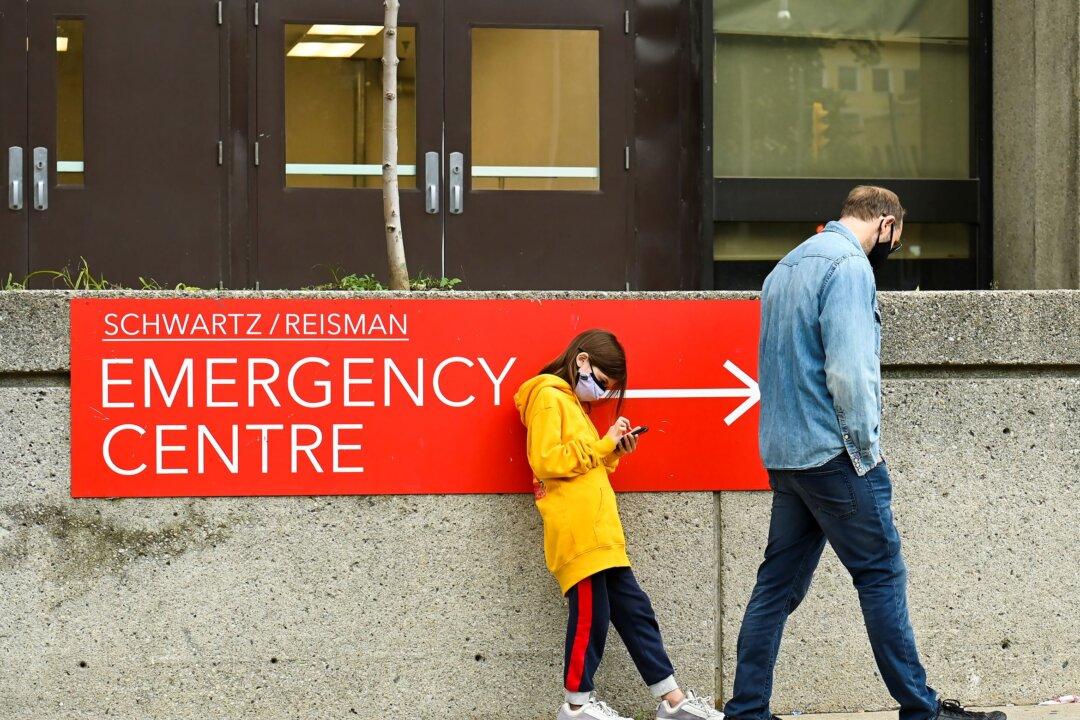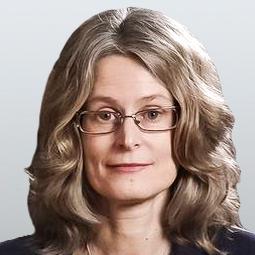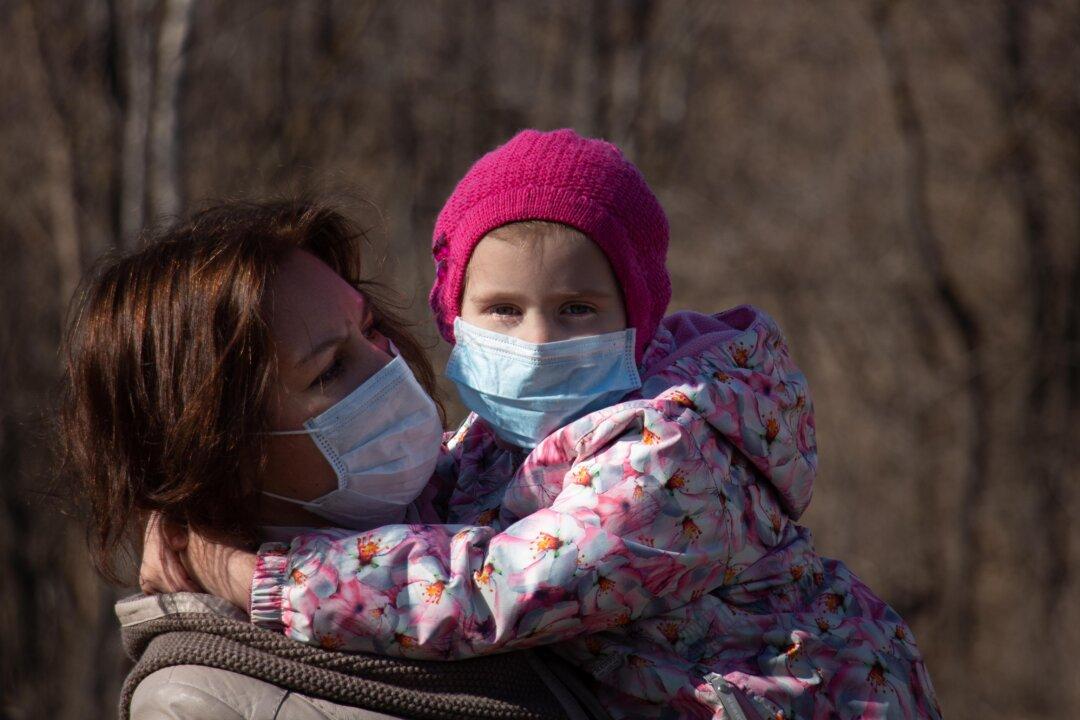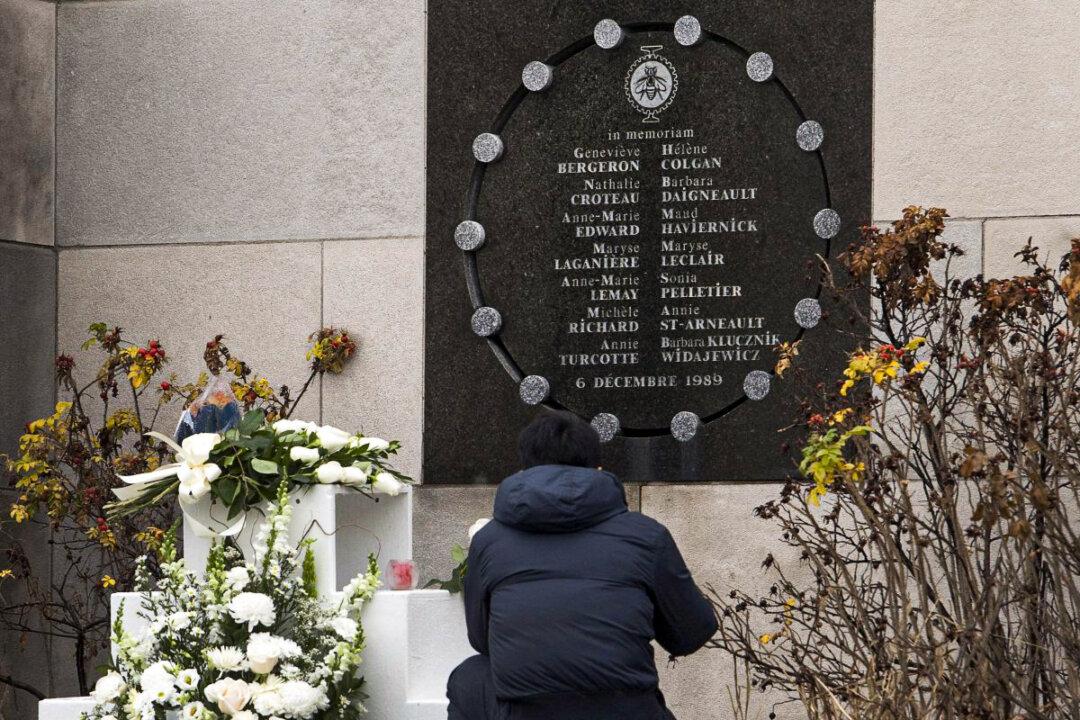Commentary
One of the many remarkable features of the COVID “new normal” has been the seemingly widespread compliance of doctors with draconian and irrational health mandates. Such mandates have included unprecedented school closures, curfew orders, prohibitions on hugging, magical-thinking restaurant policies, restrictions on outdoor activities, harsh fines for drive-in church services, interdictions on businesses selling items deemed non-essential, and excessive force by police to uphold the orders.





